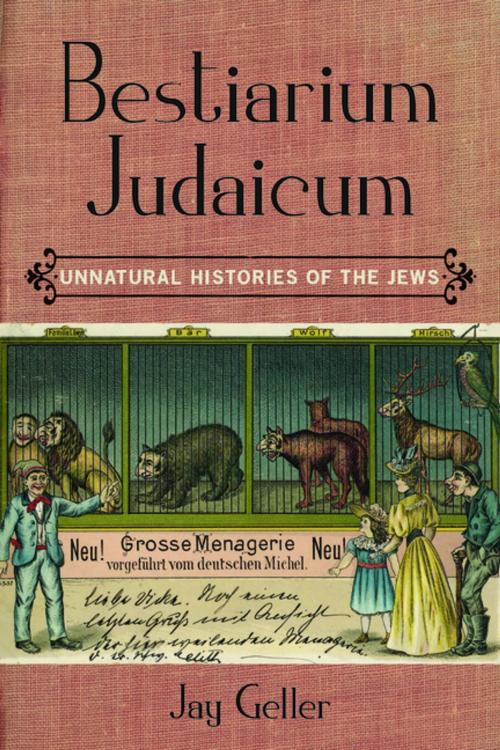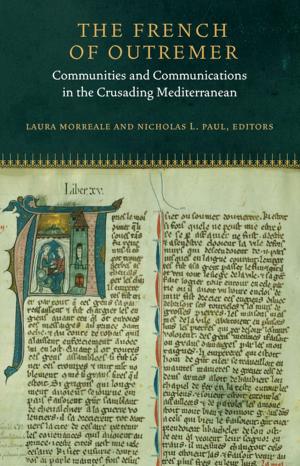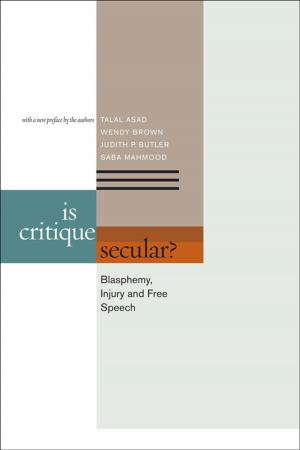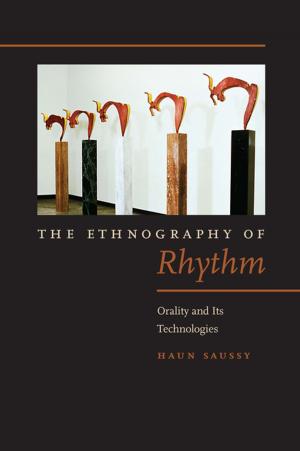Bestiarium Judaicum
Unnatural Histories of the Jews
Nonfiction, History, Jewish, Religion & Spirituality, Judaism, Fiction & Literature, Literary Theory & Criticism| Author: | Jay Geller | ISBN: | 9780823275601 |
| Publisher: | Fordham University Press | Publication: | November 14, 2017 |
| Imprint: | Fordham University Press | Language: | English |
| Author: | Jay Geller |
| ISBN: | 9780823275601 |
| Publisher: | Fordham University Press |
| Publication: | November 14, 2017 |
| Imprint: | Fordham University Press |
| Language: | English |
Given the vast inventory of verbal and visual images of nonhuman animals—pigs, dogs, vermin, rodents, apes disseminated for millennia to debase, dehumanize, and justify the persecution of Jews, Bestiarium Judaicum asks: What is at play when Jewish-identified writers tell animal stories?
Focusing on the nonhuman-animal constructions of primarily Germanophone authors, including Sigmund Freud, Heinrich Heine, Franz Kafka, and Gertrud Kolmar, Jay Geller expands his earlier examinations (On Freud’s Jewish Body: Mitigating Circumcisions and The Other Jewish Question: Identifying the Jew and Making Sense of Modernity) of how such writers drew upon representations of Jewish corporeality in order to work through their particular situations in Gentile modernity. From Heine’s ironic lizards to Kafka’s Red Peter and Siodmak’s Wolf Man, Bestiarium Judaicum brings together Jewish cultural studies and critical animal studies to ferret out these writers’ engagement with the bestial answers upon which the Jewish and animal questions converged and by which varieties of the species “Jew” were identified.
Given the vast inventory of verbal and visual images of nonhuman animals—pigs, dogs, vermin, rodents, apes disseminated for millennia to debase, dehumanize, and justify the persecution of Jews, Bestiarium Judaicum asks: What is at play when Jewish-identified writers tell animal stories?
Focusing on the nonhuman-animal constructions of primarily Germanophone authors, including Sigmund Freud, Heinrich Heine, Franz Kafka, and Gertrud Kolmar, Jay Geller expands his earlier examinations (On Freud’s Jewish Body: Mitigating Circumcisions and The Other Jewish Question: Identifying the Jew and Making Sense of Modernity) of how such writers drew upon representations of Jewish corporeality in order to work through their particular situations in Gentile modernity. From Heine’s ironic lizards to Kafka’s Red Peter and Siodmak’s Wolf Man, Bestiarium Judaicum brings together Jewish cultural studies and critical animal studies to ferret out these writers’ engagement with the bestial answers upon which the Jewish and animal questions converged and by which varieties of the species “Jew” were identified.















